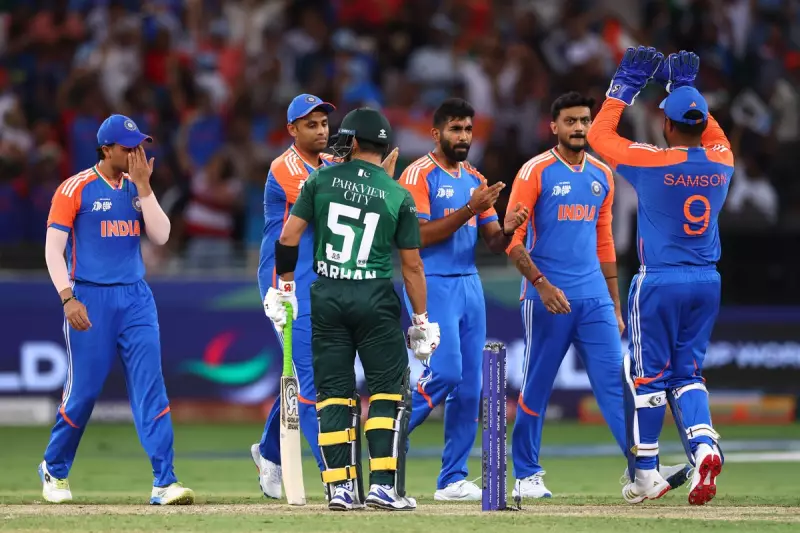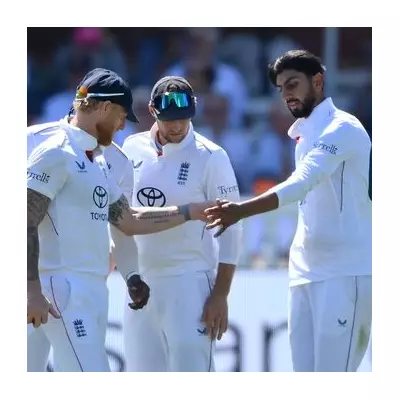
The highly anticipated India-Pakistan Asia Cup clash, a fixture that captivates billions of cricket fans, has been plunged into serious doubt following a devastating terrorist attack in Indian-administered Kashmir.
Security Incident Sparks Outrage
The catalyst for the escalating crisis was a deadly assault on a bus carrying Hindu pilgrims in the resort region of Pahalgam. The attack, claimed by militant groups, resulted in multiple casualties and has ignited a firestorm of anger across India.
In immediate response, the renowned Board of Control for Cricket in India (BCCI) was thrust into the political spotlight. Veteran cricket administrator and World Cup-winning captain, BCCI Vice-President Rajeev Shukla, declared a firm stance, stating the team would not travel to Pakistan for the tournament under the current circumstances.
Hybrid Model & Neutral Venue Pressure
The Asia Cup, scheduled for next month, was already operating under a controversial 'hybrid model'. This plan, approved by the Asian Cricket Council, was a compromise that would see Pakistan host several matches, while India's games—including the marquee match against Pakistan—would be played at a neutral venue, likely Sri Lanka or the UAE.
However, the recent violence has intensified calls from hardline groups and political figures within India for a complete boycott, refusing to engage with Pakistan in any sporting contest, regardless of the location.
A History of Political Tensions Disrupting Sport
This is not the first time geopolitics has threatened this iconic sporting rivalry. Bilateral cricket series between the two nations have been suspended for over a decade. Their encounters are now limited to multi-team events like the World Cup and Asia Cup, and even these are fraught with tension.
The International Cricket Council (ICC) and tournament organisers now face a diplomatic nightmare. The potential withdrawal of the Indian team, the tournament's biggest draw, would create a significant financial and logistical void, threatening the viability of the entire event.
What Happens Next?
All eyes are now on the BCCI and the Indian government for an official decision. The ICC and Asian Cricket Council will be engaged in urgent behind-the-scenes talks to find a solution that preserves the tournament's integrity.
For now, the future of one of world sport's greatest rivalries hangs in the balance, once again a casualty of the deep-seated political tensions between the two nuclear-armed neighbours.





